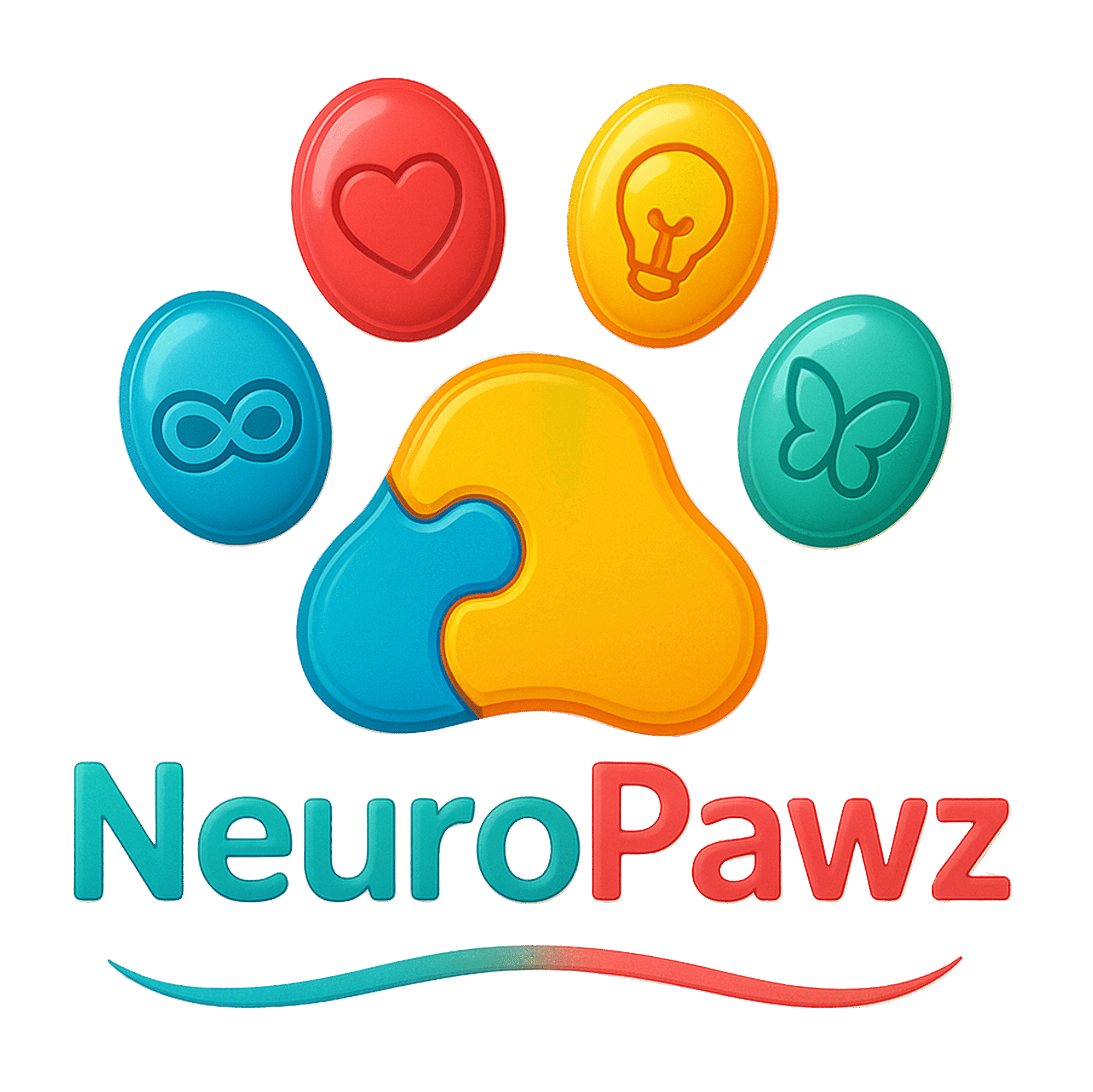Keeping dogs happy and healthy feels like a neverending adventure, especially for those of us who identify as neurodivergent or just want straightforward info without jargon. I’ve learned that knowing about common dog health issues, and how to prevent them, makes everything less stressful for both dogs and humans. I put together this practical breakdown to help other folks like me (or anyone, really) feel more prepared when caring for canine companions.

Understanding Why Prevention Matters in Dog Health
Dog health isn’t just about treating problems as they pop up. It’s way less overwhelming when issues can be prevented or caught early. As someone who likes routines and predictability, it helps to know that sticking to a regular care schedule can make a real difference. Certain health risks are more common and knowing what to watch for can ease that anxiety loop many neurodivergent folks recognize. The more you know about early signs, the better off you and your pup will be.
Pet healthcare has come a long way and turned what used to feel mysterious into something you can actually manage with some simple knowledge and habits. Preventive care supports dogs in living longer, more comfortable lives. Plus, it cuts down on unexpected bills and last-minute panic vet visits. That sense of control also makes daily life smoother for owners who need that stability, both neurodivergent and neurotypical.
Top Health Issues in Dogs: What To Know
Dogs get all sorts of health problems, but some show up way more often. Here are a few common ones to keep on your radar, no matter what breed or mix your dog is:
- Skin Conditions: Allergies, hot spots, and mange can show up as scratching, licking, or bald patches. Regular grooming sessions go a long way toward spotting these early.
- Dental Disease: Gum infections and tartar buildup sneak up quietly and can impact their whole body, not just their mouth.
- Ear Infections: Redness, strong smells, and head-shaking are big signs, especially in floppy eared dogs.
- Obesity: Extra weight causes joint pain, diabetes risk, and lowers quality of life. Weight is one of those “silent” health concerns that makes a long-term impact.
- Parasites: Fleas, ticks, and worms are annoying but manageable with the right prevention.
- Arthritis and Joint Issues: Older dogs or large breeds are especially likely to get stiff and sore, making mobility a real concern as they age.
- Digestive Upsets: Diarrhea and vomiting aren’t just gross; they can signal bigger problems that deserve a closer look.
Breed, age, and background all shape what health issues are likely to pop up. Some dogs, like pugs or bulldogs, have their own set of unique challenges (such as breathing or eye problems). Rescue pups may also come with a surprise mix of possible conditions, so being flexible is key. Stay open to what your specific dog needs, and remember that what works for one may not work for another.
Preventive Care Basics For Dogs
Sticking to a regular dogcare routine helps me keep track of things and avoid surprises. If your brain likes routines or checklists as much as mine does, here’s a solid framework for preventive care:
- Vaccinations: Stay on top of the recommended vaccine schedule. Annual and triennial boosters matter more than some folks realize. Your vet will let you know what’s required and when.
- Regular Vet Visits: A yearly wellness exam catches issues early. This is super helpful for those of us who don’t want to constantly Google symptoms and worry.
- Deworming & Flea/Tick Prevention: Monthly preventives keep parasites at bay and your home less chaotic.
- Dental Hygiene: Brush your dog’s teeth, use dental chews, or try water additives if full brushing feels like too much sensory overload.
- Nutrition: Choose a balanced diet based on your dog’s needs. Some dogs benefit from special foods for allergies, weight management, or sensitive stomachs. Mixing up safe treats (think veggies like carrots, not just biscuits) provides some fun food variety without guilt.
- Exercise: Walks and playtime support mental stimulation (which neurodivergent folks know a lot about). Keeping dogs in better shape both physically and mentally leads to a happier life for your furry friend. Even low-key games indoors can help if outdoor activity is tough.
- Grooming: Baths, nail trims, and brushing cut down on infections and make it easier to track down anything weird early on. Use scent-free shampoos and gentle brushes if your dog (or you) have sensitive senses.
Don’t be afraid to tailor these basics to your own lifestyle. Routines don’t need to be boring; having set times for care can turn into bonding time and offers peace of mind if you have trouble remembering the last time a task was done.
Managing Common Dog Health Concerns At Home
Some issues come up out of nowhere and always at the most inconvenient times. Learning what you can handle at home and when to see the vet makes a huge difference. Here’s what helps me avoid total meltdown mode:
Itchy Skin & Allergies
Constant itching or licking is a pain, for the dog and everyone else involved. Regular baths with gentle, hypoallergenic dog shampoos can calm things down. Watching for patterns (is it seasonal, maybe after certain foods or walks in new areas?) helps you and your vet pinpoint potential triggers. If you notice sudden swelling or trouble breathing, skip the home remedies and call your vet right away.
Dental Issues
Stinky breath, bleeding gums, or trouble eating means it’s time for a dental check. Brushing teeth even twice a week helps, but dental chews and toys also do some of the heavy lifting. For neurodivergent folks who struggle with repetitive chores, setting calendar reminders or using habit trackers makes it less likely you’ll forget. Additionally, some dog toothbrushes are designed for extra sensitivity, making the process less of a struggle for both you and your pup.
Weight & Obesity
Chubby dogs are cute, but it affects energy and longterm health. Using a measuring cup for kibble instead of eyeballing portions keeps things more steady. Adjusting treats (I go for veggies or lean bits of chicken) means dogs can still join in snack time without overdoing calories. If you’re not sure about your dog’s weight, you can always check in to use the scale at your vet’s office and ask for a quick opinion.
Ear Infections
Dogs with floppy ears or frequent swimmers are at higher risk. Gently cleaning ears with a vet-approved solution every couple weeks keeps things in check, just don’t push anything too deep. If you notice dark gunk, a bad smell, or your dog shaking their head nonstop, it’s worth visiting your vet. Some breeds are simply more prone to infection, so regular checks are extra important.
What To Avoid: Misunderstandings and Mistakes
Some things make dog health problems worse, not better. Here’s a quick list of what to skip:
- Human Medicine: Never use medications meant for people (like ibuprofen) unless a vet says it’s okay. Dogs process drugs differently, and it can get scary fast.
- Internet Diagnosing: Google can help prepare questions but isn’t a replacement for an actual vet, especially in emergencies or when something feels “off.” Trust your gut and call the professionals.
- Neglecting Small Issues: What seems minor (like a little limp or a cloudy eye) could snowball if ignored. Catching things early is less stressful and saves money longterm.
Supporting Neurodivergent Dog Owners
Neurodivergent folks face unique challenges with dog care routines, from executive dysfunction to sensory sensitivities. Here are a few adaptations that have helped me—and might help you too:
- Use smartphone reminders for meds, heartworm preventives, and monthly flea or tick treatments to keep things on track.
- Break tasks into smaller steps, like brushing just two teeth at a time or clipping one paw’s nails per day so nothing feels overwhelming.
- Ask your vet for written care instructions after visits; this avoids the pressure to remember everything or process new info immediately in the often-distracting vet office.
- Visual schedules or sticky notes on the fridge keep both you and your dog in sync and provide a quick reference at a glance.
- Don’t be afraid to ask for help from family or professionals for parts of the routine that feel overwhelming, whether it’s bathing, grooming, or medication doses.
Remember, building a support network for dog care—whether human or digital—can boost consistency and mental wellness for everyone.
Frequently Asked Questions
How often should my dog have a check-up?
Adult dogs do well with an annual vet visit. Puppies, seniors, or dogs with chronic health issues may need more frequent checks. Your vet can help personalize the timeline based on your dog’s needs, age, and any ongoing conditions.
Are grain free diets safer for dogs?
Grain free foods have been linked to heart problems in some breeds. Unless your dog has a diagnosed allergy, talk with your vet before making big diet changes to make sure it’s the right call for your particular pet.
My dog keeps scratching but has no fleas. What could it be?
It could be allergies (food or environmental), dry skin, or skin infections. If baths and preventives aren’t helping, a vet exam and possibly allergy testing will give more answers and set your mind at ease.
Is pet insurance worth it?
For peace of mind and unexpected bills, I’ve found pet insurance pretty handy, especially for breeds prone to chronic conditions. Always compare plans and read the fine print to make sure you know what’s covered and what isn’t.
Final Thoughts
Learning to spot and prevent common dog health issues makes everything more predictable and less overwhelming, whether you’re neurodivergent, new to dog parenting, or just want fewer emergencies. Sticking with regular routines, reaching out for help when you need it, and using reminders removes some of that mental load. Your dog gets to enjoy more tail wags and fewer vet trips, which feels like a real win for everyone involved. Keep an eye out for early signs, build routines that fit you, and remember: you’re doing great for your furry family member.
